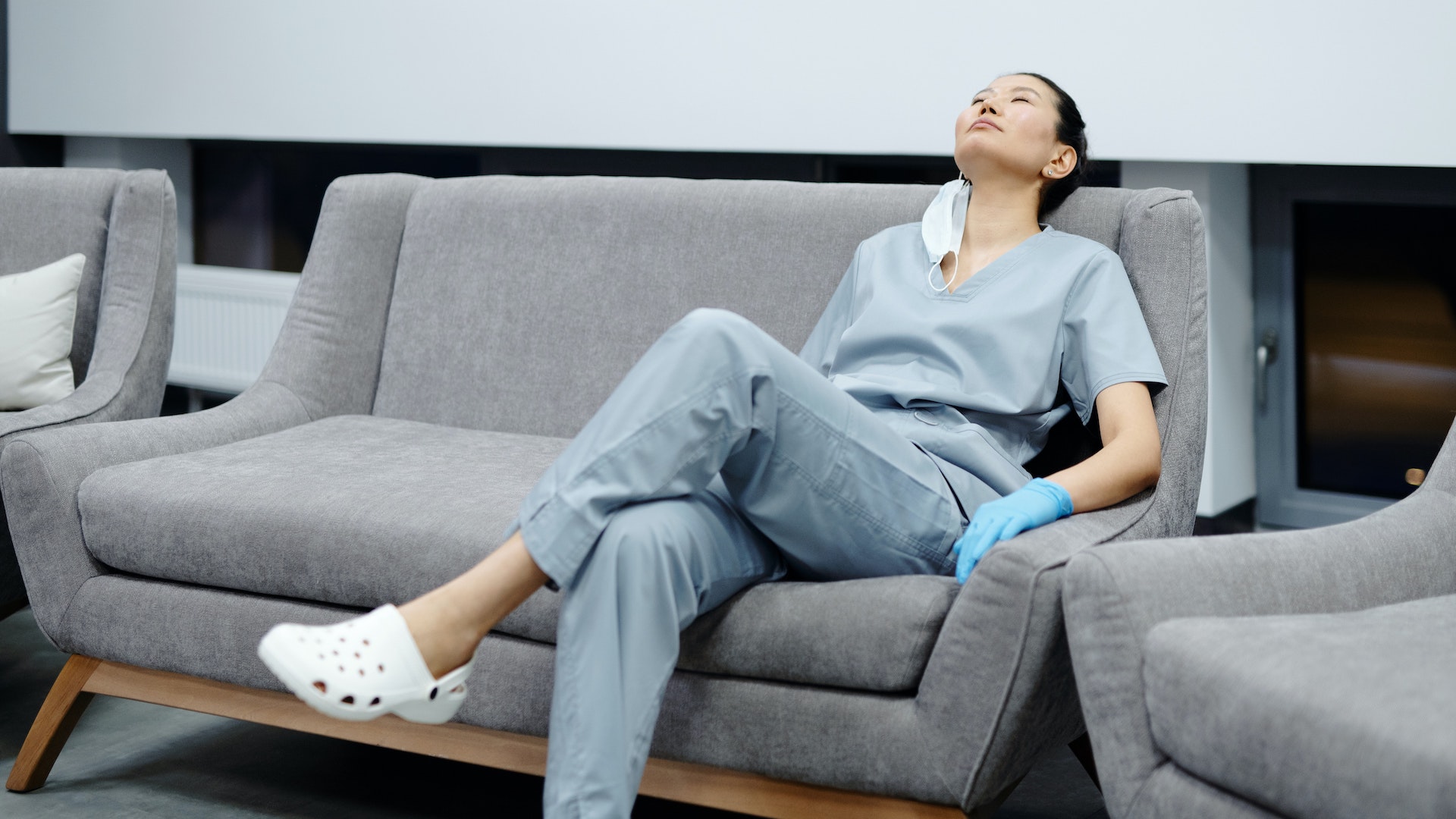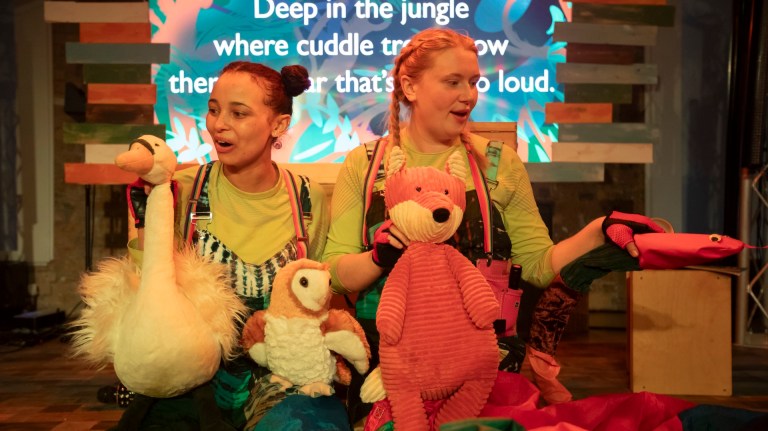All of us involved in nursing have always known what a highly-skilled profession it is. Old-fashioned views have bedevilled it for years as “women’s work” or “vocational”, but what the public has seen during the pandemic has cast nursing in a new light.
More than 200 years since the birth of Florence Nightingale, the media coverage of nurses delivering highly complex care throughout the pandemic has shattered the old gendered stereotypes. The public now has a much greater understanding of just how skilled nurses are, both in providing personal medical care and organising complex, life-saving systems.
From the first Covid cases right through to the design and the implementation of the vaccination programme, it has been nurses that have been leading the way, often while shouldering the huge emotional burden imposed by the pandemic. In media reports, nurses have described losing several patients a day, often without loved ones to comfort them because of the lockdown restrictions.
This media coverage has made a difference. The Royal College of Nursing commissioned a poll to discover changing attitudes and found, of respondents who said their understanding of the role of nurses had improved, more than half (54 per cent) said it was the media coverage which had given them greater knowledge of the reach and range of their skills and capabilities.
I have seen for myself that from the very beginning of the pandemic nurses have been innovating the ways they design and offer care, whether by refashioning infection control practices or connecting patients with their loved ones and families. Many of the very same nurses are now leading the roll-out of the vaccination programme which the national roadmap relies on for our exit route out of the pandemic.










